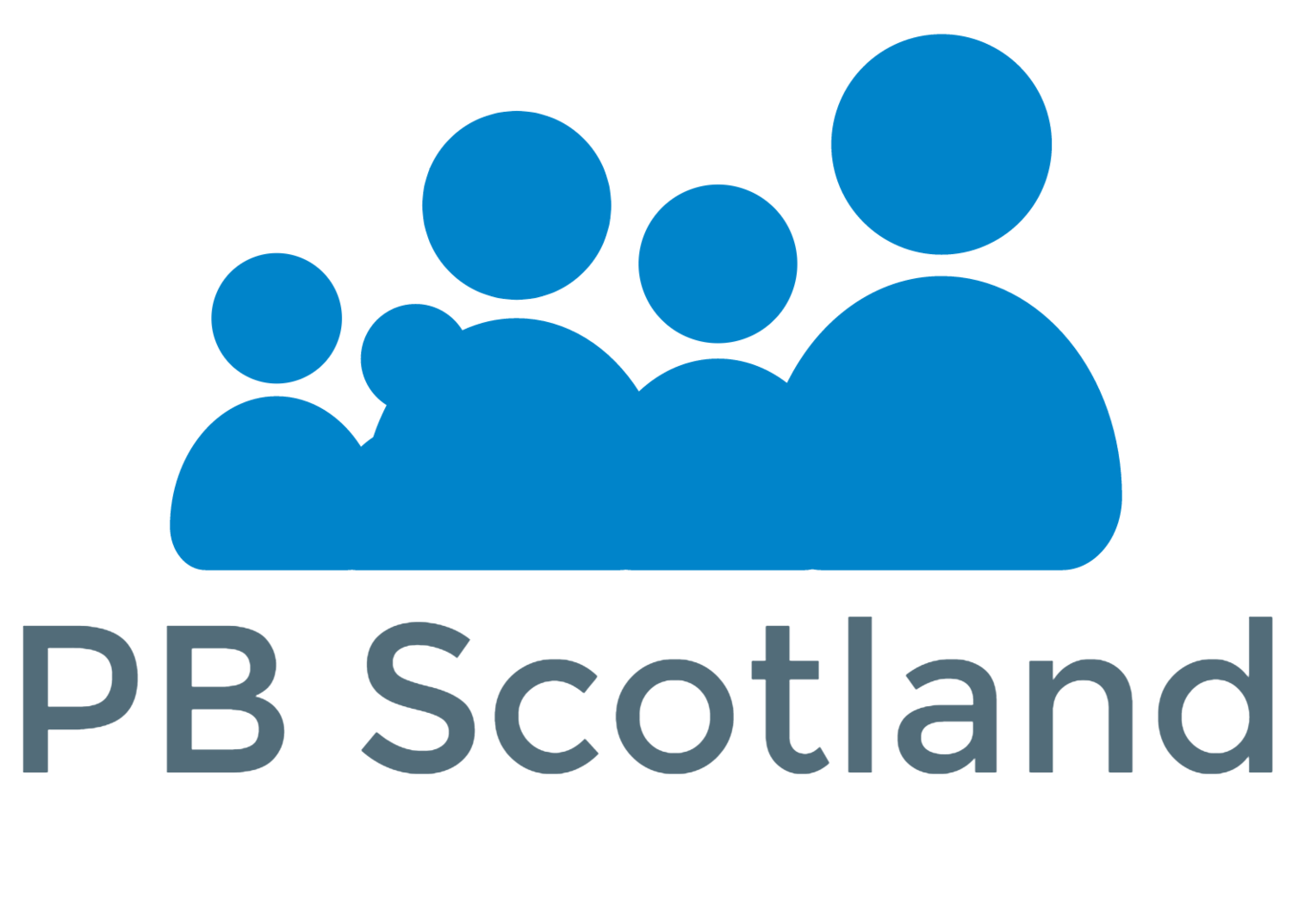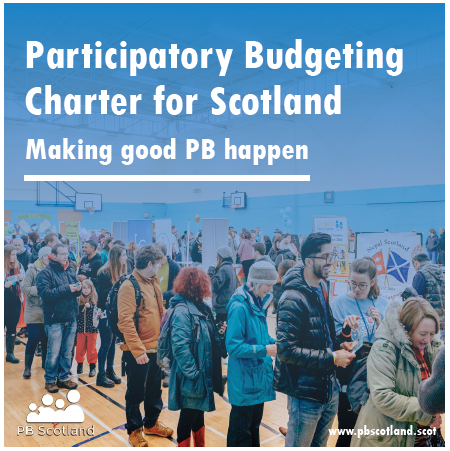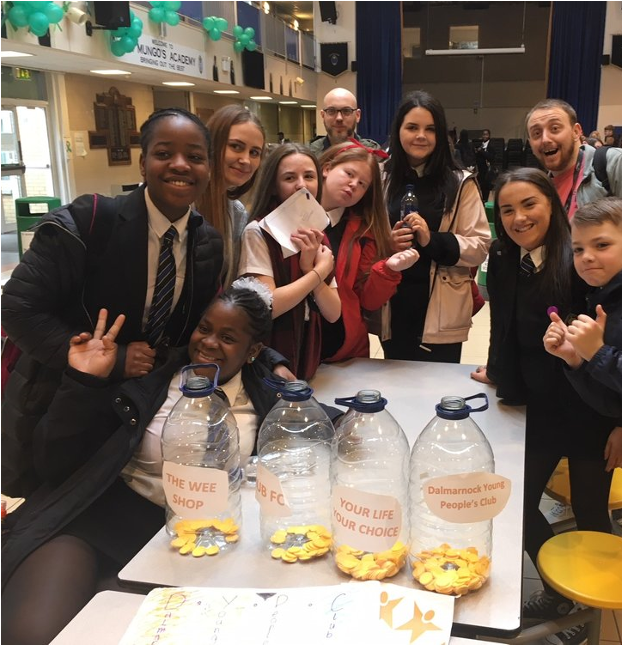“Show me who participates in deciding your budget and I’ll see who you value.”
/Here, David Reilly, Communities and Networks Manager at The Poverty Alliance explores the role PB plays addressing poverty across Scotland, and what we need to do to truly challenge power and ensure decision making is accountable.
Both pieces were adapted from David’s presentation at the PB Conference 2022, and have been published as part of Challenge Poverty Week.
We know that a lack of power is central to the experience of poverty. Ultimately the solution to poverty is found through politics. Democracy, and the participation of those with experience of poverty, is therefore central to social justice.
That’s part of why the work on PB and for a better, more participatory democracy is ever more vital. Sharing power is a powerful anti-poverty action.
It’s why Poverty Alliance’s Manifesto for the 2022 Local Council elections included our call to double the proportion of local authority budget promised to be subject to PB from 1% to 2%.
We work with people experiencing poverty and sometimes they explain what poverty is to them.
Time and time again when we talk about poverty we hear about a lack of control, a lack of choice, a lack of power; and that’s because power inequalities are the root of all our inequalities.
We need to tackle poverty by sharing wealth and power.
That’s so important because a sense of control over the decisions that affect us protects us from poverty on an individual level.
But the benefits of PB go wider than the individual experience, because real participation in public decisions means better decisions, better designed policies, better interventions in people’s lives that are more effective at reducing poverty.
That’s why we need to be real.
Real participation
At last year’s Challenge Poverty Week we focused on the role of participation within a Human Rights approach featuring Baroness Lister warning against ‘phoney participation’.
The foundation for a community development approach to engagement comes from Sherry Arnstien’s ladder of participation, who warned us that: “participation without power is manipulation, a frustrating and empty experience”.
We need real participation. The type we get in PB processes were everyone has an equal vote and equal say. And this is where I think we’ve fallen short.
At the Poverty Alliance we see a real poverty of participation. Where people across Scotland who experience poverty report a lack of control over decisions that affect their lives.
Our First Minister calls the Scottish Social Attitudes survey the gold standard in Scotland. It tells us consistently that the poorer you are, the least say you have. It tells us that community influence is low and it is declining, especially in our poorer communities.
Thriving democracy?
Leaving office, Angela Merkle told us that “Democracy thrives in trust and solidarity”.
Our communities are places of solidarity but are poorest communities have been alienated from democracy. We can see it in voter turnout.
Scotland has fallen short. We are rich in rhetoric. Our government has soaring ambitions, but when it comes to sharing power we have an implementation gap that stretches from Glasgow to Leith.
Real participation and empowerment is about trust. PB is a practical barometer of that trust. While we have a wonderful infrastructure supporting PB in Scotland but there has not been enough practice for it to support.
When I think about PB and trust I remember that our local government leaders made a promise that 1% of their budget would be decided by the people they serve. That promise has not been kept.
We should be stringent in how we hold power to account and in how we evaluate our own practice, to be ever more accessible. But we should remember to judge against the imperfect world, not a perfect ideal.
We’ve seen just 80,000 people elect the PM who has tried to implement £40Billion round of tax cuts for the richest while brining a new regime of sanctions for people, on Universal Credit. An total electorate of 140,000 people - and we can imagine how representative they are.
In Dundee Decides in 2018 - more than 11,000 people decided on how Dundee invest a £1.2 million Community Infrastructure Fund. Crucially, 77% of voters hadn’t taken part in engagement activities before. 90% would do so again. That’s a unique power of PB done well.
What’s clear is we shouldn’t judge Government and public bodies by what they say, rather what they do. We had a Westminster budget last week that told us clearly who the Government values most.
Joe Biden said “Don’t tell me your values, show me your budget and I’ll tell you your values.”
PB has taught me to ask “Show me who participates in deciding your budget and I’ll see who you value.”
Get in involved in Challenge Poverty Week
Challenge Poverty Week brings focus on the reality of life in poverty and the changes that can make a difference. We’d love you to get involved!









